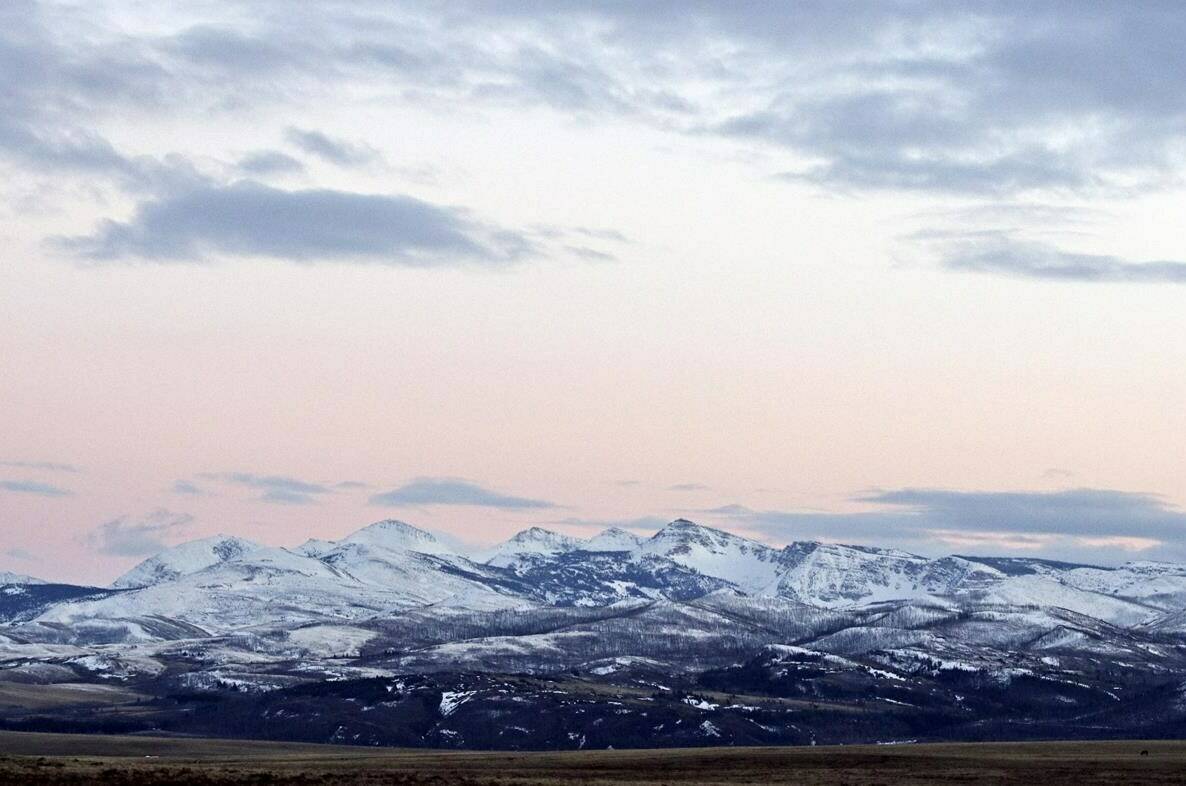A Louisiana company will receive $2.6 million to relinquish the last remaining oil and gas lease on U.S. forest land near Montana’s Glacier National Park that’s sacred to Native Americans, government officials and attorneys involved in the deal said Friday.
The deal would resolve a decades-long dispute over the 10-square-mile (25-square-kilometer) oil and gas lease in the mountainous Badger-Two Medicine area of northwestern Montana.
The lease was issued in 1982 but has not been developed. It’s on the site of the creation story for the Blackfoot tribes of southern Canada and Montana’s Blackfeet Nation. Tribal members bitterly opposed drilling.
In exchange for giving up the lease, Solenex LLC will receive $2 million from the federal government and $600,000 from a coalition of groups that intervened in the case, said David McDonald with the Mountain States Legal Foundation, which represented the company.
The Wyss Foundation, a charitable group founded by Swiss billionaire Hansjorg Wyss, also provided money for the deal, according to Tim Preso, attorney for a group of tribal and conservation groups.
The agreement was not made public.
The Solenex lease had been cancelled in 2016 under then-U.S. Interior Secretary Sally Jewell at the request of the Blackfoot tribes and conservation groups.
But U.S. District Judge Richard Leon ordered the lease reinstated last year. Leon said Jewell lacked the authority to withdraw the lease so many years after it was sold and after several prior studies had examined the environmental and other impacts of drilling in the area.
Tribal cultural leaders appealed that decision. The appeal is expected to be dismissed once the agreement for Solenex to relinquish the lease is enacted, which could take several months, according to court documents filed Friday.
Blackfeet Tribal Historic Preservation Officer John Murray characterized the legal battle over the lease as a “protracted clash of cultures” and said he was relieved it was over.
“The Badger Two Medicine is significant to the Blackfeet way of life from the past, now and in the future,” Murray said. “I am happy to see this oil and gas lease go away in the Badger Two Medicine. We are back to where we were 40 years ago.”
Solenex founder Sidney Longwell, who died in 2020, bought the lease but never drilled on the site. Instead, Longwell confronted major bureaucratic delays within the U.S. departments of Interior and Agriculture that prompted the company to sue in 2013.
McDonald said Leon’s September 2022 ruling showed that officials cannot unilaterally cancel oil and gas leases absent a breach of contract by the lease holder.
“We see this as an extremely favorable outcome,” he said. “The settlement leaves in place Judge Leon’s excellent district court opinion, enshrining the legal principles we fought for in court precedent, and provides for significant compensation for our clients.”
The 1982 lease was one of 47 awarded in the Badger Two-Medicine that year by the Department of Interior. Congress withdrew the area from further leasing in 2006 and provided tax breaks to lease holders that prompted most to voluntarily give up their drilling rights.
Interior Secretary Deb Haaland said Friday’s announcement “closes the chapter on development threats to this special place and recognizes the importance of protecting these lands for future generations.”
The Department of Agriculture in 2014 designated the Badger Two-Medicine as a Traditional Cultural District.
Matthew Brown, The Associated Press

